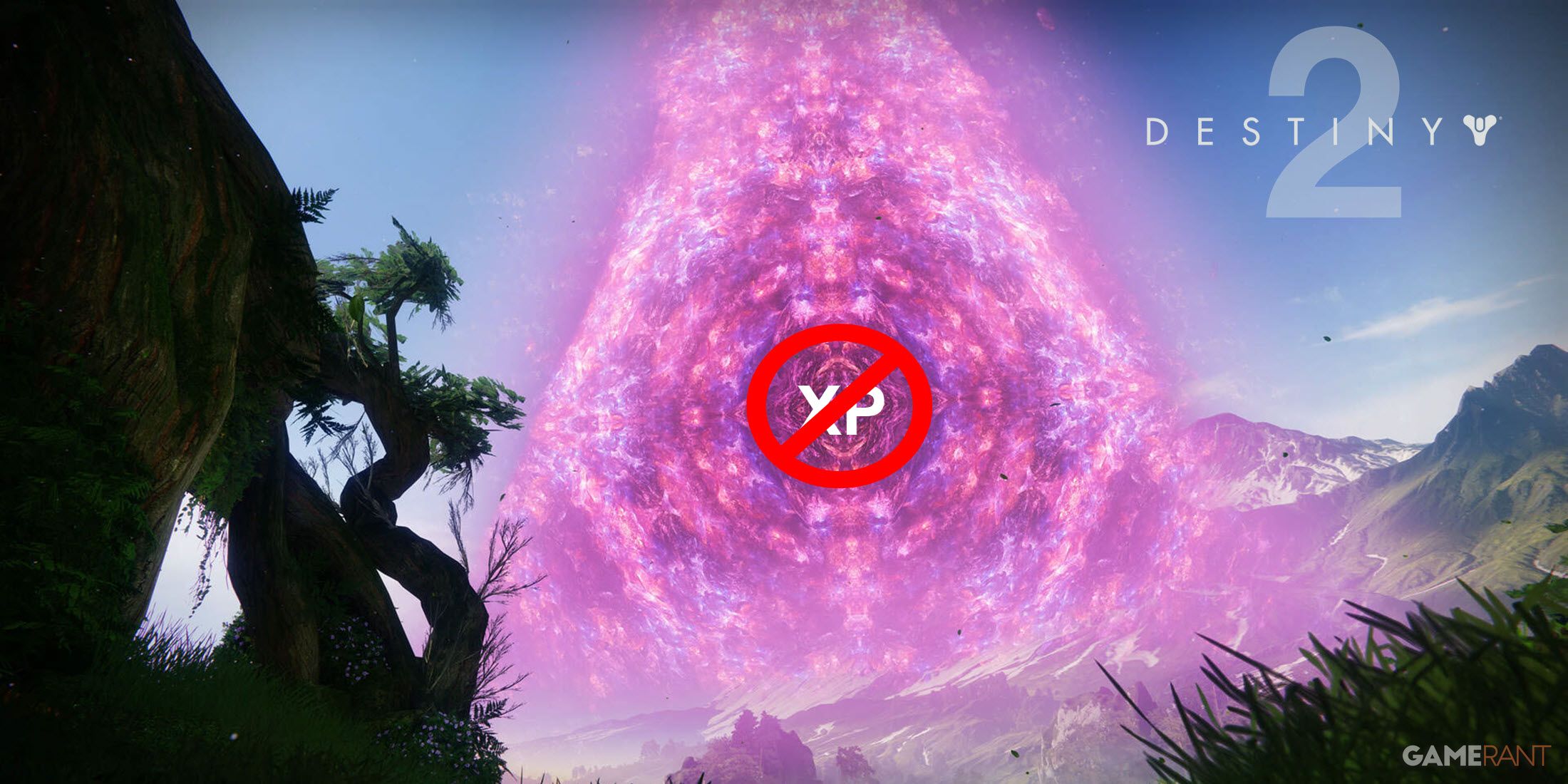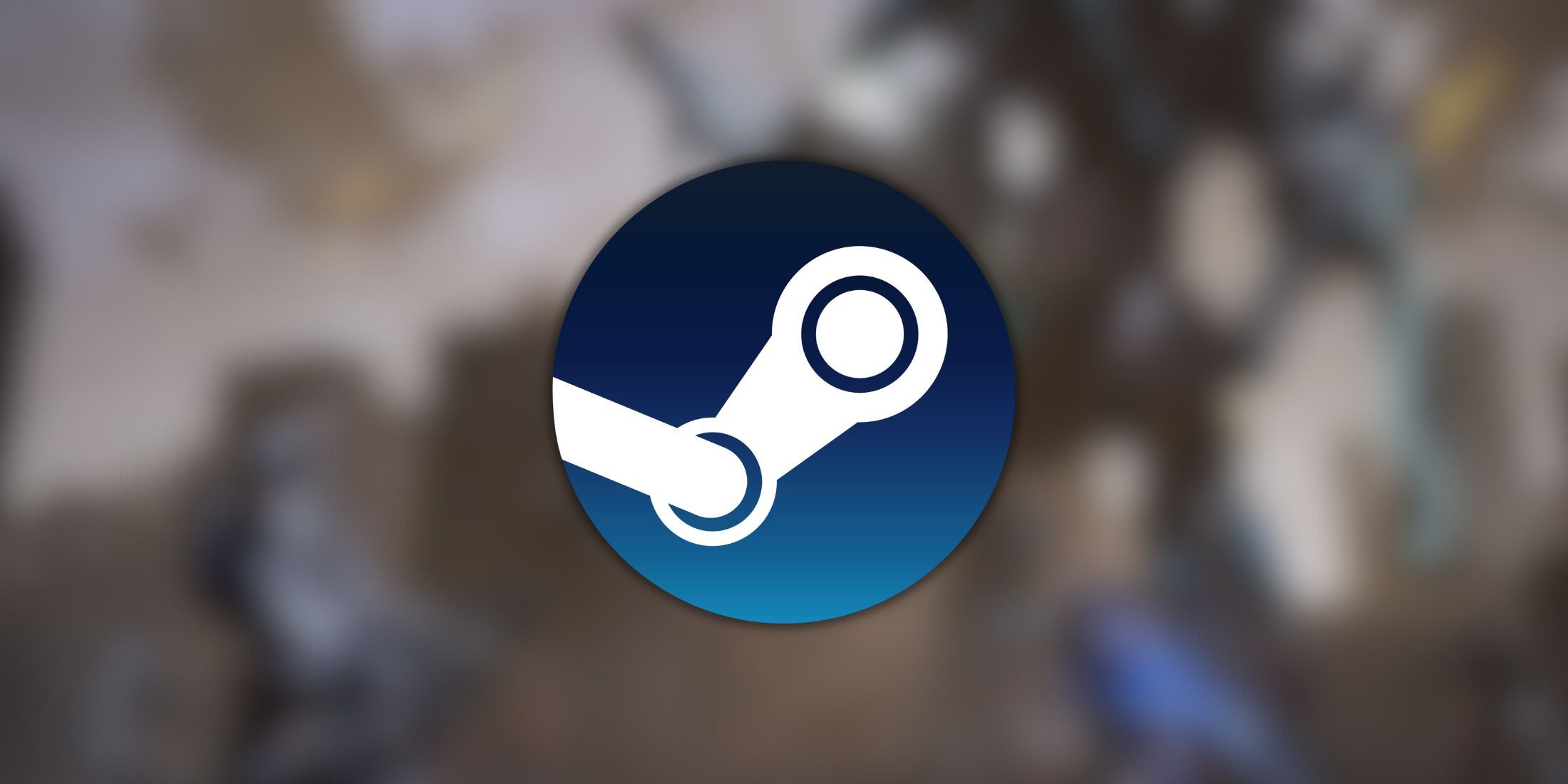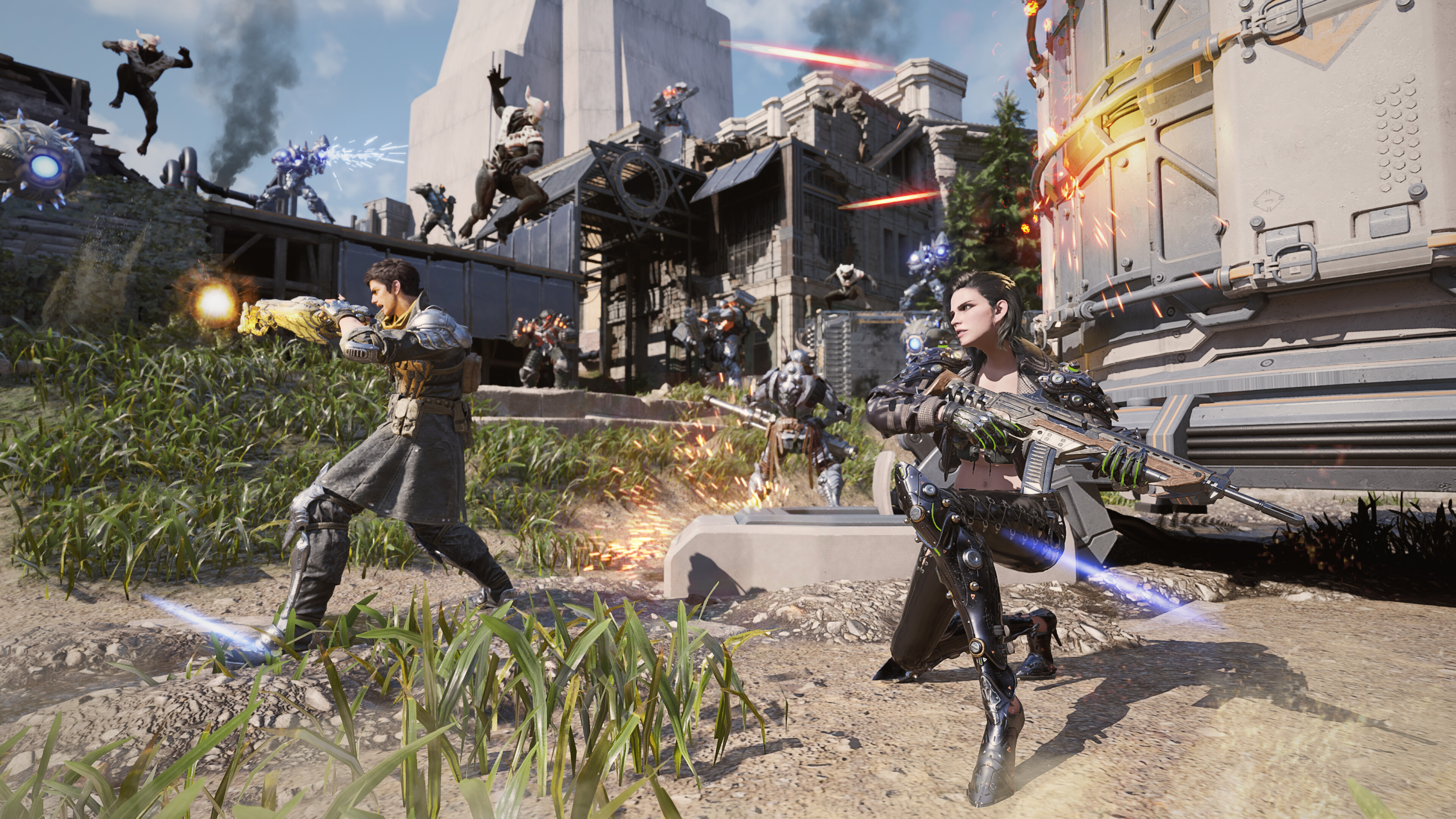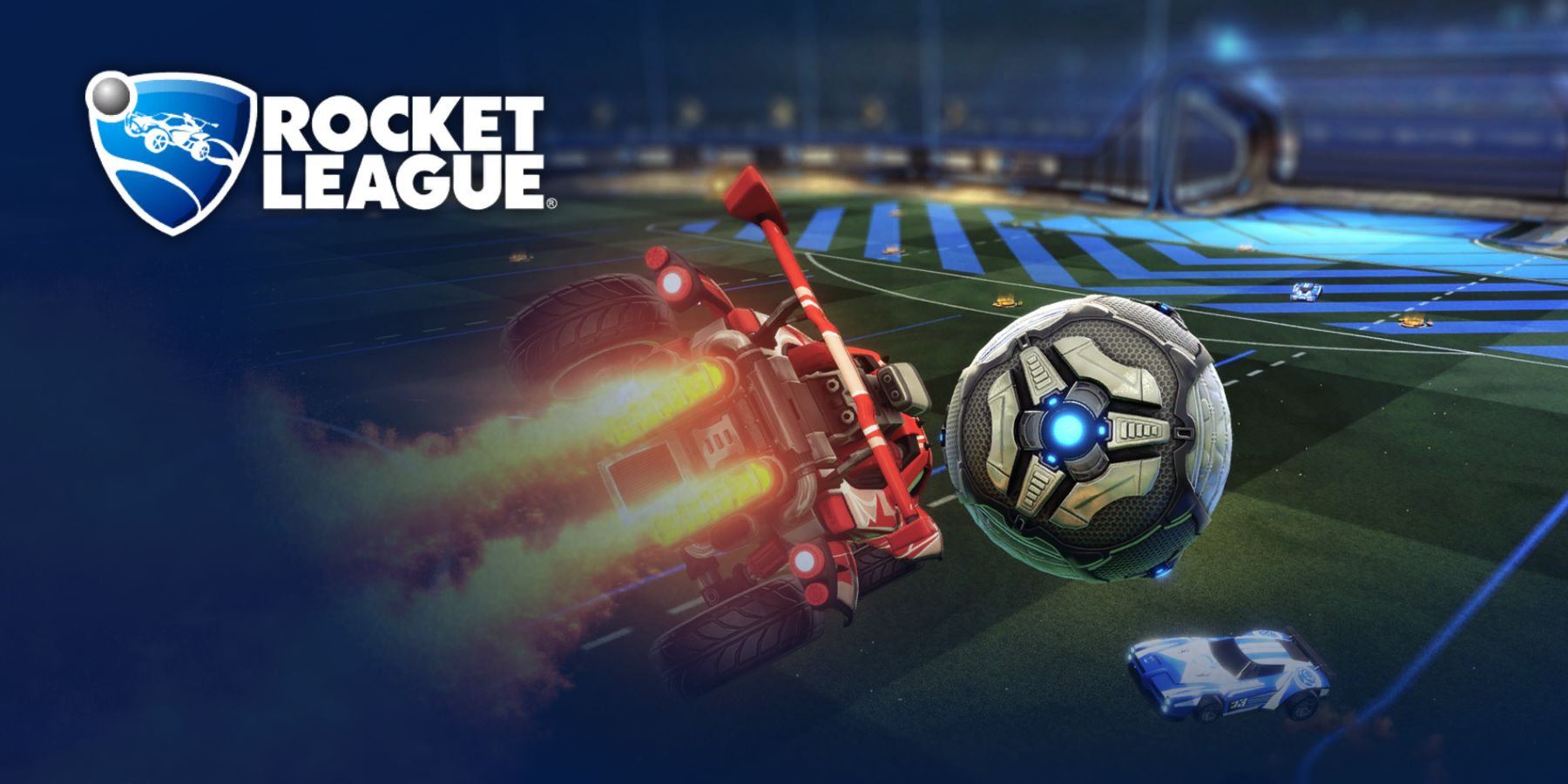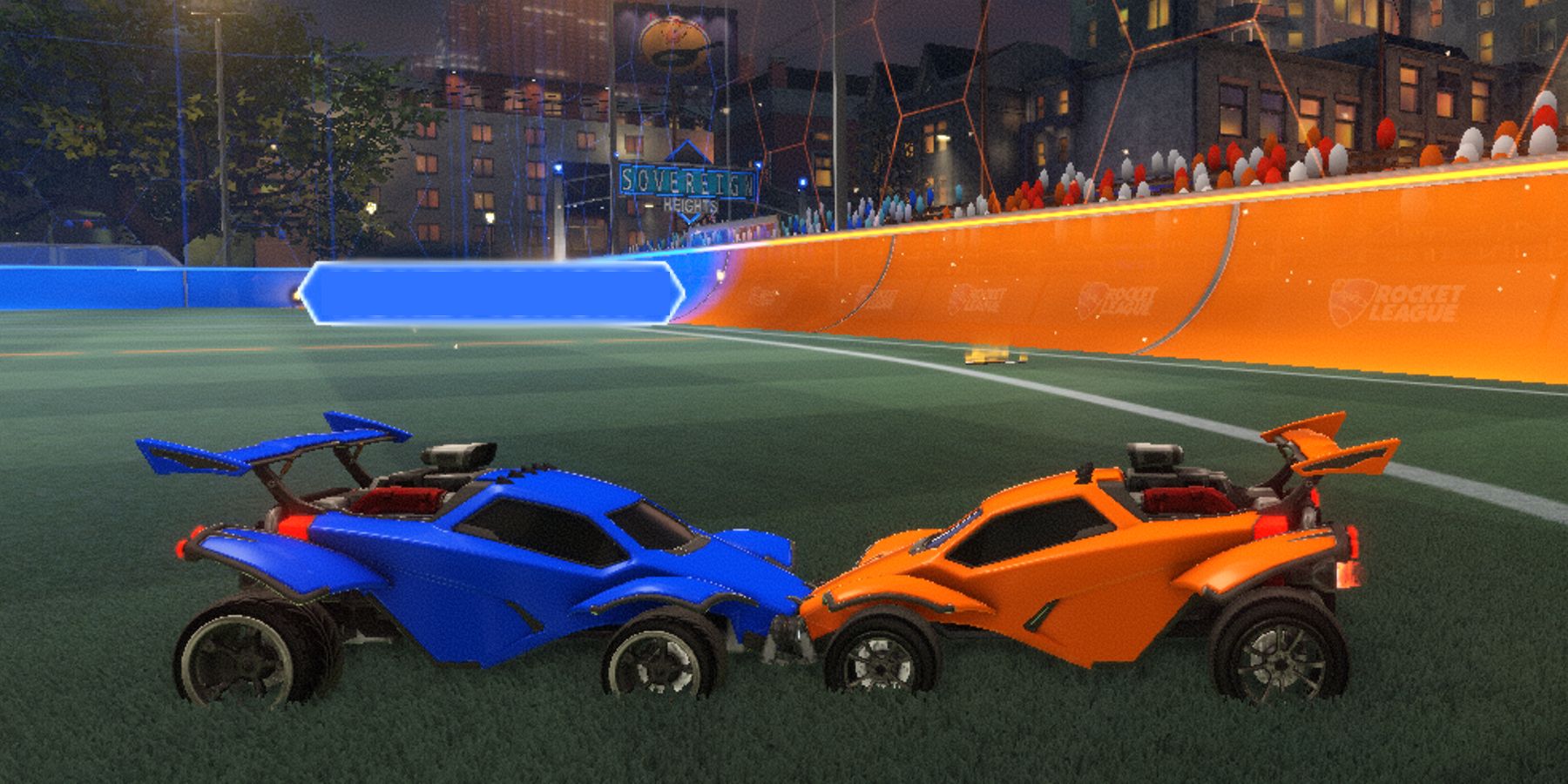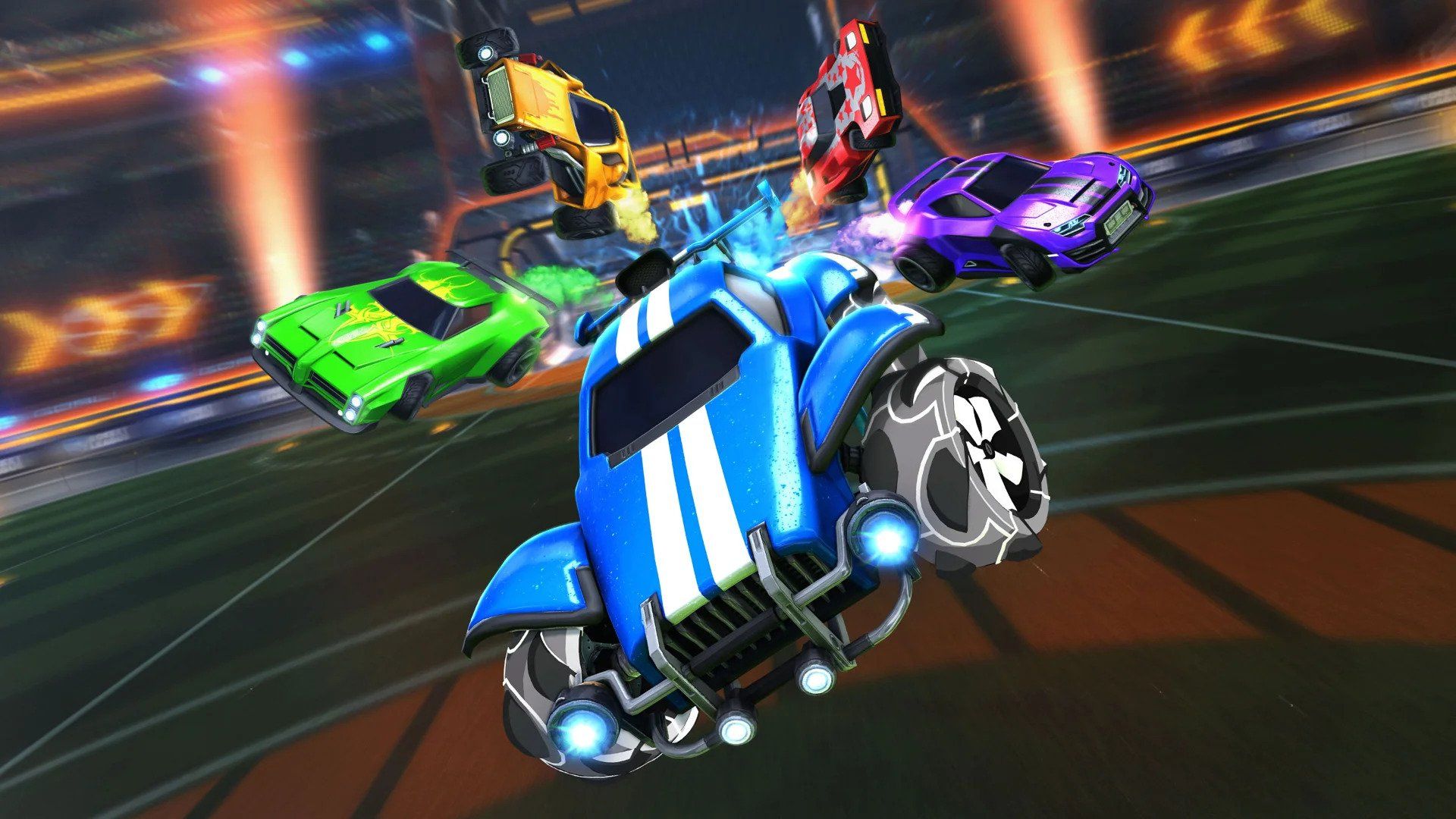Highlights
- Rocket League's team-based game modes have universal unwritten rules that players should be aware of to ensure effective teamwork and success.
- Rule number one in Rocket League is when two players' cars get linked together, they must stay in that position until outside interference separates them.
- Communication and following specific tactics, such as the left-most player handling kick-offs and distributing boost pads, are essential for effective gameplay in Rocket League's team-based modes.
Among the game’s several individual communities, the unwritten rules for Rocket League are somewhat subjective. However, beyond learning how to be a skilled individual player, there are a few subconscious habits that players will likely be exposed to in Rocket League’s team-based game modes. When playing Rocket League solo, generally anything goes and nothing is off-limits, but when playing any of the team-based game modes it’s best to be aware of some of the universal unwritten rules.
Becoming familiar with most of Rocket League’s unwritten rules is crucial for high-level team play, especially when playing with random teammates. Being able to trust that other players will abide by certain universal rules lets players focus on their own performance and mechanics without needing to meticulously communicate their intentions to the team. As players climb the competitive ranks in Rocket League, having all teammates on the same page about the unwritten rules is a recipe for success.
Rocket League’s Rule Number One Explained
Despite Rocket League’s individual communities often having their own lists of unwritten rules, the first rule of every community is generally the same, and it’s consequently known as “rule number one.” This unwritten rule for Rocket League states that when two players’ cars get linked together, such as in a face-to-face or rear-to-rear arrangement, these two players must stay in this position until outside interference separates them. When a goal is scored it will reset all players back to the spawn points, or otherwise having a third player bump into the collision is the only acceptable way to escape a rule number one situation.
Even in Rocket League’s competitive multiplayer game modes, most players will unquestionably stay loyal to this rule, regardless of whether it puts their team at a disadvantage. In a way, Rocket League’s rule number one provides comic relief from the stressful nature of the fast-paced gameplay.
The Rocket League Community’s Secret Tactics for Team-Based Game Modes Explained
Another universal tactic in Rocket League is for the left-most player to be responsible for kick-offs. In general, the players on each team that spawn closest to the ball are in charge of handling the kick-offs in Rocket League, but this rule applies when multiple teammates spawn at equal distances from the ball. Communication is key and bending this rule can sometimes be advantageous, but when playing with random matchmade teammates it's best to make this an unconscious habit to avoid any misunderstandings. Oftentimes, particularly in Rocket League’s basketball game mode Hoops, sending the wrong player for the kick-off can mean an easy goal for the other team.
This next rule also goes hand-in-hand with kick-off etiquette. Each player has a designated Boost Pad in Rocket League at the start of the match and during every kick-off. Specifically, any players who stay behind to defend the goal can divide the corner boost pads on their side, while the player who initially goes for the kick-off gets to take one of the mid-field boost pads. Everyone on a team having a full boost tank can ultimately turn the tides of even the worst kick-off outcomes. Again though, using Rocket League’s quick chats or otherwise communicating can prevent any misunderstandings between teammates and allow players to safely bend this rule.
Uneven team sizes don’t always warrant an immediate forfeit. Although AI teammates won’t show up to fill in for absent teammates in any of the competitive game modes in Rocket League’s multiplayer, being down a teammate doesn’t necessarily mean that a match is doomed to be lost. It’s surely an undesirable situation, but it’s not impossible to win even when the numbers aren’t in one team’s favor. Not to mention, staying in a match for a reasonable amount of time despite losing a teammate gives the player(s) who disconnected a chance to potentially return to the game and even the odds. Unfortunately, forfeiting a match is always considered a loss regardless of the context, so it’s at least worth a shot to try and avoid ending a match this way when possible.
Rocket League is available now on Nintendo Switch, PC, PS4, and Xbox One.

